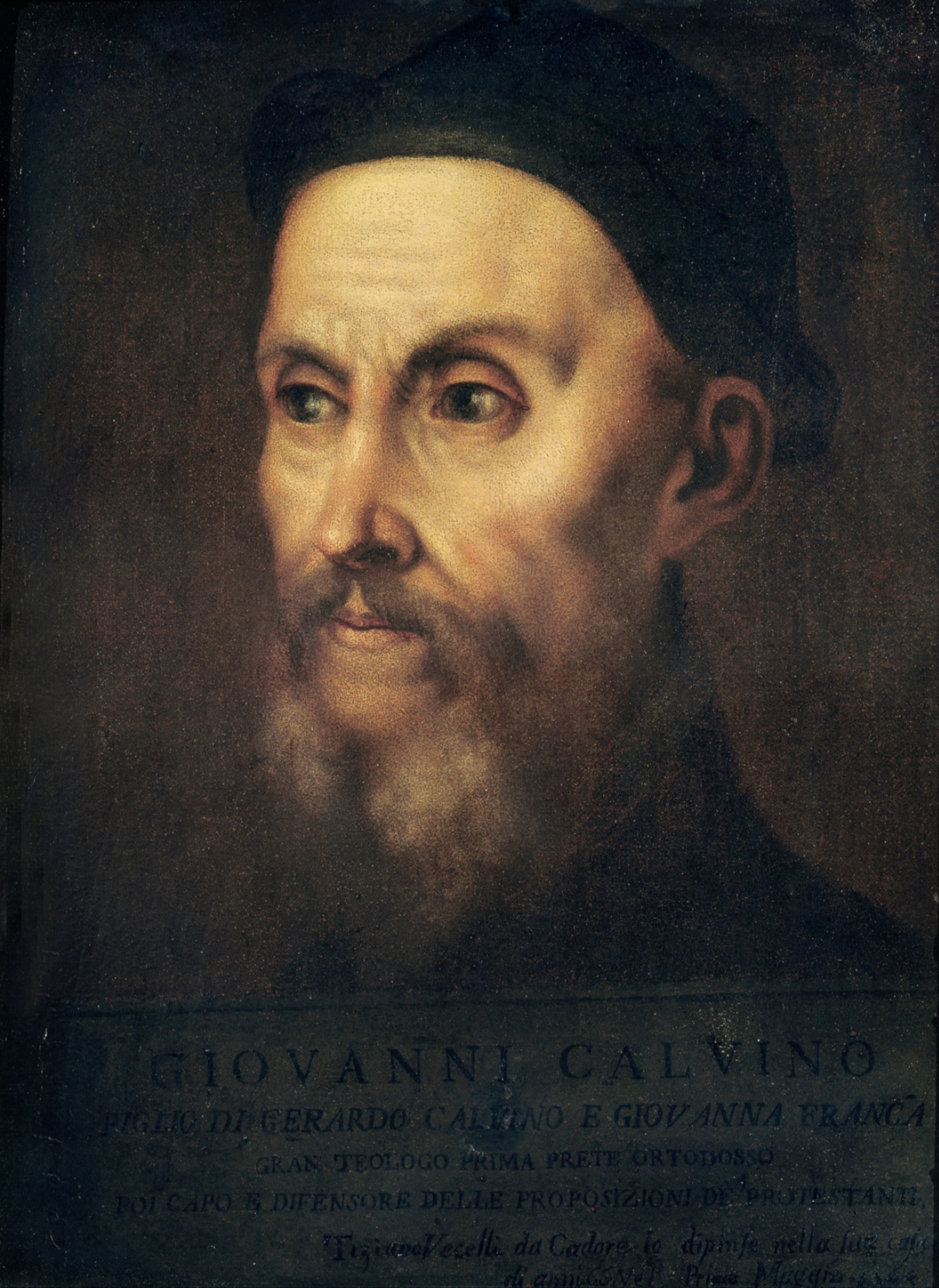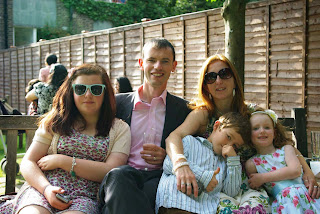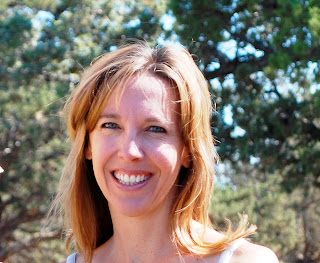 |
| Calvin, by Titian |
They that wait upon the Lord shall renew their strength: Guest Post by Dana Rongione
Today’s guest post is from Dana Rongione who blogs at A Word Fitly Spoken
But they that wait upon the LORD shall renew their strength; they shall mount up with wings as eagles; they shall run, and not be weary; and they shall walk, and not faint. – Isaiah 40:31 KJV
My waiting was not over. In fact, it was another year before the Lord finally revealed His true plan. At that time, after much prayer, I left my teaching job to pursue my writing ministry. Had I made a change when I first felt the stirrings of my heart, I would have simply moved to another place of teaching. I would have never imagined that God would have called me to do anything else. And to be honest, if He had called me away then, I don’t know that I would have been spiritually mature enough to have obeyed.
I grew a lot during that time of waiting. It was difficult and uncomfortable, but God knew it was something I needed. He used that time of waiting to mold me and make me into what I needed to be in order to take the next steps He had for my life. Waiting time is not wasting time.
There’s Nought so Queer as Christians
 |
| Saint Frideswide, Oxford’s First Saint. Burne-Jones window, Christ Church Cathedral |
A Spider or a Bee, which Species of Blogger are you?
Those who wait upon the Lord will soar on wings like eagles: Guest Post from Jules of Apples of Gold
Today’s guest post is from Jules Middleton, a mum and wife, Christian, artist, potential ordinand and blogger. Her blog Apples of Gold reflects her Christian journey in every day life.
 |
| Jules with her family |
will renew their strength.
They will soar on wings like eagles;
they will run and not grow weary,
they will walk and not be faint. (Isaiah 40:31)
Those who Hope in the Lord will Renew their Strength: a guest post from Jennifer from Diary of 1
Jennifer lives in the
 |
| Jennifer |
Prepare Straight Paths for the Lord!

‘Prepare the way for the Lord,
make straight paths for him.’”[d]
The surprising “reward” for my only long fast–breaking a coffee addiction

God promises rewards—sometimes open and public ones—for those who seek him in the secret places and in secret ways. (Matthew 6 1-17).
- « Previous Page
- 1
- …
- 75
- 76
- 77
- 78
- 79
- …
- 279
- Next Page »






